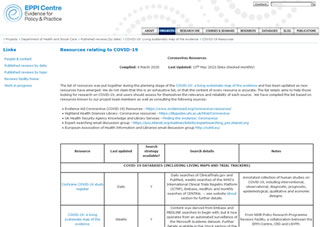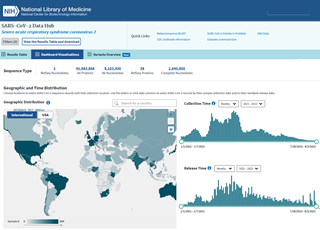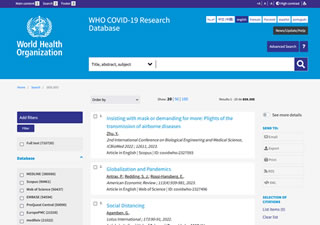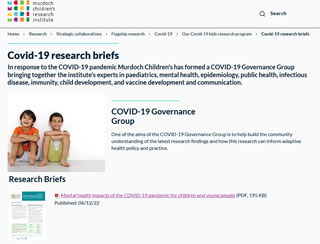
Library
COVID-19 and Coronovirus resources
EPPI Centre Evidence for Policy & Practice: Resources relating to Covid-19

This list of resources was compiled during the beginning of the pandemic, and has been updated as new resources have emerged. It aims to help those looking for research on COVID-19, and users should assess for themselves the relevance and reliability of each source.
See the COVID-19: A living systematic map of the evidence, which is partitioned into broad domains: treatment evaluation; transmission/risk/prevalence; diagnosis; health impacts; vaccine development; genetics/biology; case reports (patients); case study-organisation; social/economic/indirect impacts. Read the Introduction to get started. Select a Topic then List records to view the citations.
See also the Long COVID ‘segment’ within the living map of COVID-19. See the About tab for details on how to use this.
NCBI SARS-CoV-2 Resources

This SARS-CoV-2 Data Hub from NLM (National Library of Medicine) allows you to view articles referencing SARS-CoV-2 and COVID-19 in PubMed, view free full-text content in PubMed Central (PMC), and access SARS-CoV-2 sequence resources or explore the data.
See LitCovid, a literature hub for tracking up-to-date scientific information about the 2019 novel Coronavirus. It is the most comprehensive resource on the subject, providing access to 350,000+ relevant articles in PubMed. The articles are updated daily and are further categorized by different research topics (e.g. transmission) and geographic locations. See the FAQ for details.
Also see clinical studies registered in ClinicalTrials.gov.
WHO COVID-19 Research Database

The global literature cited in the WHO COVID-19 Research Database is updated weekly from searches of bibliographic databases, hand searching, and the addition of other expert-referred scientific articles. This database represents a comprehensive multilingual source of current literature on the topic.
This resource includes the International Clinical Trials Registry Platform (ICTRP).
MCRI Covid-19 research briefs

The MCRI's COVID-19 Governance Group brings together the institute's experts in paediatrics, mental health, epidemiology, public health, infectious disease, immunity, child development, and vaccine development and communication.
These research briefs developed by the group aim to build community understanding of the latest research findings and how this research can inform adaptive heath policy and practice.

